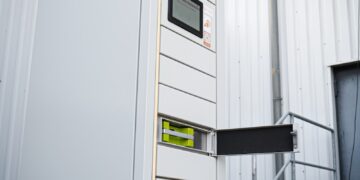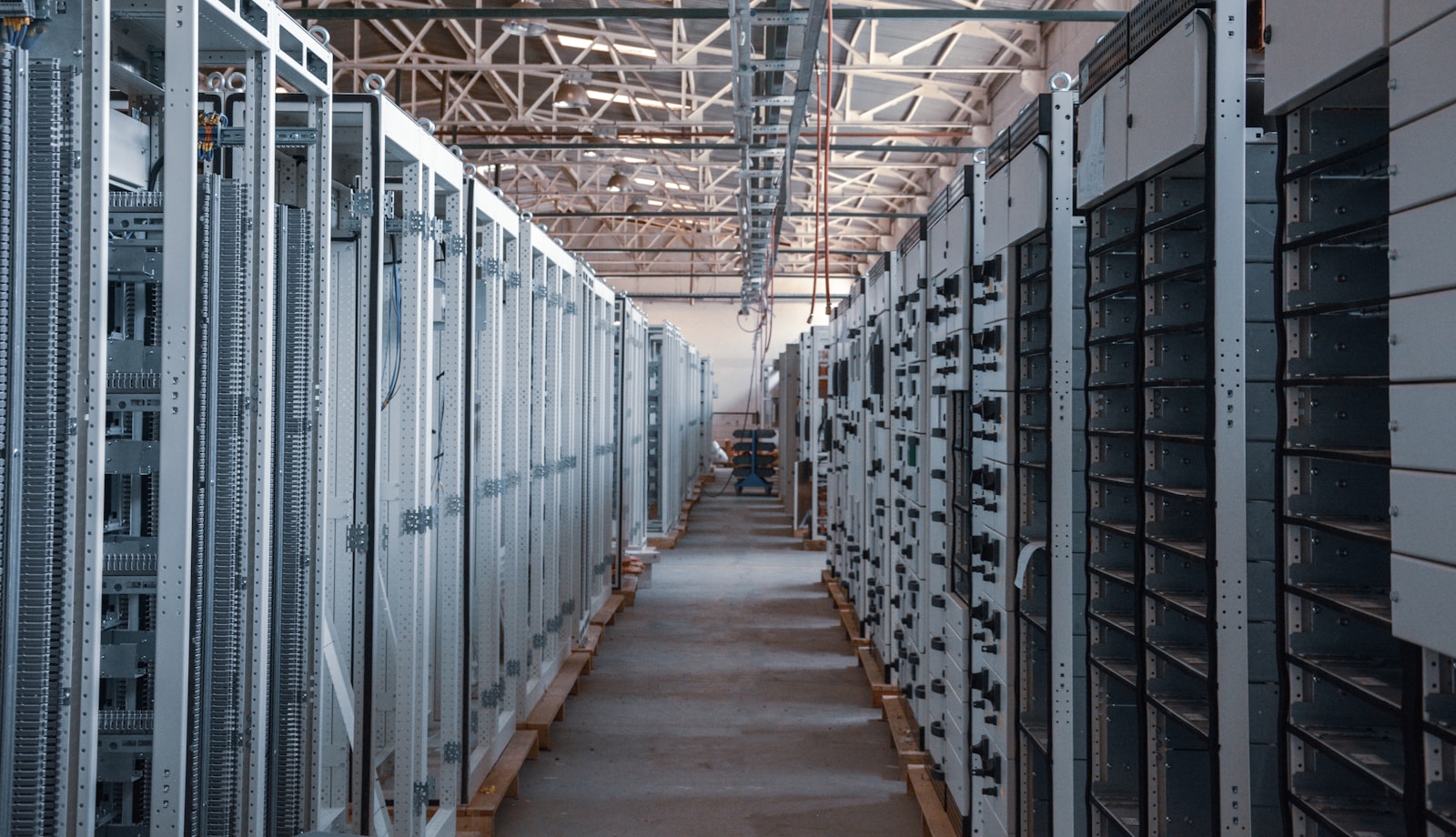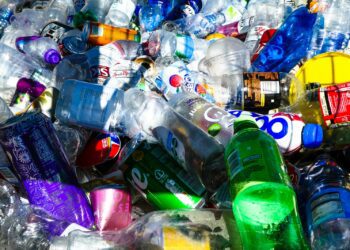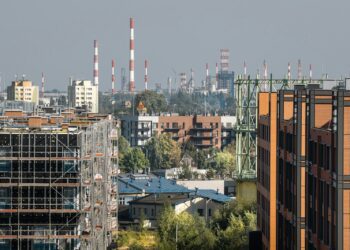Welcome to the grand finale of our four-part Eco Business News series, where we’ve explored the green innovations shaping a sustainable future. After diving into renewable energy, sustainable agriculture, and green technology, we’re wrapping up with circular economy and waste management—because nothing says “eco-chic” like turning trash into treasure. From advanced recycling to zero-waste business models, this sector is redefining how we consume and create. Let’s unpack the latest highlights, explore their impact, and toss in some fun facts to keep it lively.
The Circular Economy Revolution: Waste Not, Want Not
The circular economy is all about keeping resources in use for as long as possible, minimizing waste, and regenerating natural systems. In 2024, global investment in circular economy startups hit $10 billion, driven by innovations in recycling tech, upcycling, and sustainable packaging Circularity Capital. It’s like giving the planet a subscription to a “use, reuse, repeat” lifestyle.
- Advanced Recycling: Chemical recycling technologies are breaking down plastics into their original building blocks, creating high-quality materials for new products. This process can recycle plastics that traditional methods can’t touch Recycling Today.
- Upcycling Innovators: Companies are turning waste into high-value goods—like furniture from discarded fishing nets or fashion from textile scraps. Fun fact: One startup is making sunglasses from recycled coffee grounds!
- Zero-Waste Packaging: Biodegradable and compostable packaging is booming, with global demand for sustainable packaging expected to reach $500 billion by 2027 Allied Market Research.
A recent X post from a waste management expert highlighted that circular economy practices could cut global waste by 30% by 2030, saving billions in disposal costs and reducing landfill pressure Ellen MacArthur Foundation.
Spotlight: Plastic Recycling Gets a Makeover
One of the standout trends in waste management is the rise of next-generation plastic recycling. Companies like Plastic Energy are using pyrolysis to turn hard-to-recycle plastics into oils that can be used to make new plastics or fuels, achieving a 70% conversion rate Plastic Energy. Meanwhile, Loop Industries is pioneering enzyme-based recycling that breaks down PET plastics (like water bottles) into virgin-quality materials with zero waste Loop Industries.
Why it matters: Plastic pollution is a global crisis, with 8 million metric tons entering oceans annually. These technologies are like superheroes for the seas, reducing plastic waste and creating a closed-loop system for one of the world’s most problematic materials. Plus, they’re spawning new eco-businesses focused on recycling infrastructure and sustainable supply chains.
Policy Push: Governments Embrace the Circle
Governments are jumping on the circular economy bandwagon, and it’s more than just recycling bins. The European Union’s Circular Economy Action Plan bans single-use plastics and mandates that 65% of packaging be recyclable by 2025 European Commission. In Japan, the Plastic Resource Circulation Act is pushing companies to design products with end-of-life recycling in mind Ministry of the Environment, Japan. Even developing nations like Kenya are leading the charge, with a nationwide ban on plastic bags driving innovation in biodegradable alternatives.
These policies are fertilizing the eco-business landscape. For example, subsidies for compostable packaging are helping startups compete with traditional plastics, while extended producer responsibility (EPR) laws are pushing companies to take accountability for their products’ lifecycle. It’s like telling businesses, “You made it, you manage it.”
Challenges and Opportunities
The circular economy isn’t a perfect circle yet. Scaling advanced recycling requires massive investment, and consumer habits—like tossing recyclables in the wrong bin—can gum up the works. Plus, global supply chains for recycled materials need better coordination. But every challenge is a chance to shine.
- Waste-to-Energy: Technologies that convert non-recyclable waste into energy are gaining traction, providing a cleaner alternative to landfills. One plant in Sweden powers 250,000 homes with waste energy!
- Digital Platforms: Apps and platforms are connecting businesses with surplus materials to others who can use them, creating a marketplace for waste. It’s like eBay, but for scrap metal and coffee grounds.
Why This Matters for Eco-Businesses
For eco-entrepreneurs, the circular economy is a treasure trove of opportunities. Whether you’re launching a startup to recycle e-waste, designing compostable food packaging, or building a platform for second-hand goods, the sector is ripe for disruption. Investors are circling—72% of global CEOs say circular economy initiatives are a top priority for 2025 PwC. And consumers? They’re hooked—80% say they’re more likely to buy from brands that prioritize waste reduction NielsenIQ.
What’s Next?
The circular economy is spinning faster than a recycled plastic bottle in a sorting machine. In 2025, expect breakthroughs in biodegradable materials that rival plastic’s durability, AI-driven waste sorting systems for hyper-efficient recycling, and “product-as-a-service” models where you rent goods instead of owning them. This series may be wrapping up, but the green revolution is just getting started.
Got a circular economy idea or a favorite waste-to-wealth story? Share it in the comments, and let’s keep the loop going!















